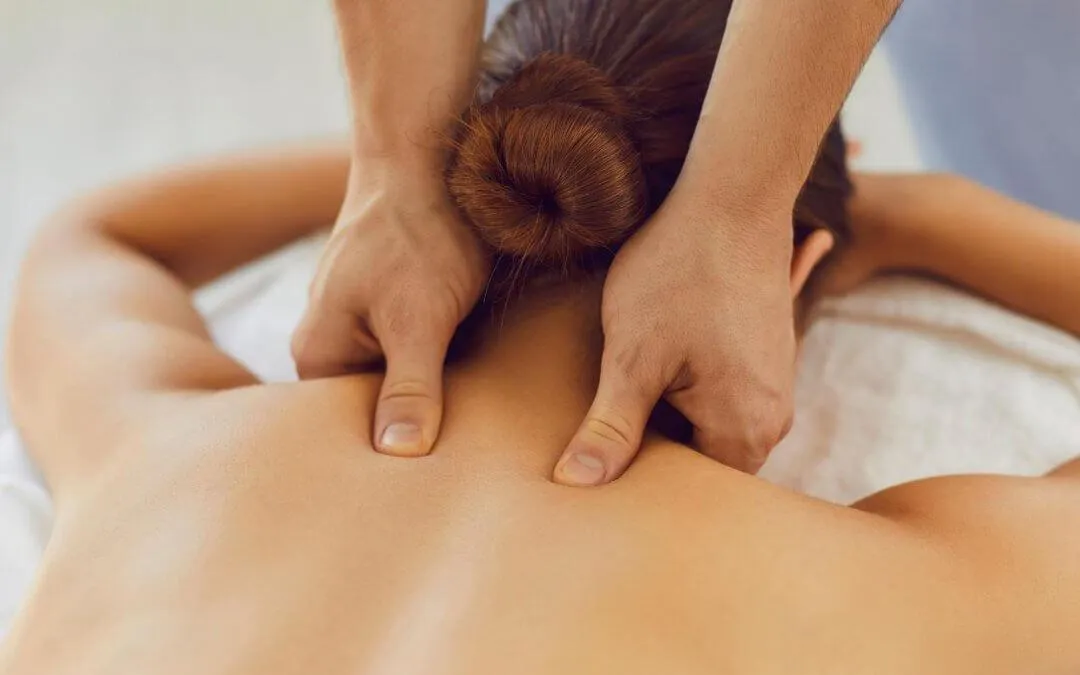
How Massage Therapy Can Help Relieve Headaches: A Guide from Surge Wellness in Surrey, BC
Introduction
Headaches are among the most common ailments people face, affecting nearly everyone at some point in their lives. From stress-induced tension headaches to migraines and cervicogenic (neck-related) headaches, the discomfort can be debilitating. At Surge Wellness in Surrey, BC, we understand how chronic headaches impact your productivity, sleep, and quality of life.
While painkillers can offer temporary relief, they often don’t address the root cause. That’s where Registered Massage Therapy (RMT) comes in. Our team of skilled RMTs is trained to identify and treat musculoskeletal issues that contribute to headaches, providing both immediate relief and long-term solutions.
Types of Headaches That Respond to Massage Therapy
Massage therapy can be an effective treatment for many types of headaches, particularly those triggered by muscle tension and posture imbalances. Here's a look at the most common headache types our RMTs treat:
1. Tension Headaches
Most common type of headache
Caused by tight muscles in the neck, shoulders, and scalp
Often triggered by stress, poor posture, and long hours at a desk
2. Cervicogenic Headaches
Originates from issues in the cervical spine (neck)
Pain often radiates from the neck to the front of the head
Commonly linked with whiplash or prolonged neck strain
3. Migraines
Intense, often one-sided headaches that may include nausea, visual disturbances, or light sensitivity
While migraines have neurological roots, RMT can help reduce their frequency and severity by alleviating trigger point activity and promoting relaxation
How RMT Helps with Headache Relief
Our approach at Surge Wellness focuses on identifying and treating muscular imbalances, postural issues, and trigger points that contribute to headaches. Here’s how massage therapy works:
1. Trigger Point Therapy
Trigger points are sensitive, tight areas within a muscle that can refer pain to other parts of the body. For example:
A trigger point in the upper trapezius muscle can refer pain to the temples or behind the eyes.
Releasing these points can significantly reduce headache intensity and duration.
2. Myofascial Release
The fascia is the connective tissue that wraps around your muscles and organs. Restrictions in the fascia can lead to pain and tightness. Myofascial release techniques are gentle, sustained stretches applied to soft tissues to restore movement and reduce pressure on nerves.
3. Craniosacral Techniques
Some RMTs use craniosacral therapy to address the rhythm of cerebrospinal fluid and tension patterns in the head and spine. This can be especially helpful for migraine sufferers.
4. Postural Assessment & Correction
Many headaches stem from forward-head posture and rounded shoulders — a result of desk jobs and screen time. Your RMT will assess your posture and provide soft tissue treatment and advice to improve alignment and reduce strain.
5. Stress Reduction
Stress is a leading cause of tension-type headaches. Massage therapy lowers cortisol levels and stimulates the parasympathetic nervous system, putting your body into a "rest and digest" state, allowing muscles to release tension naturally.
What to Expect During Your RMT Session for Headaches
At Surge Wellness, every treatment begins with a thorough assessment. Here's what a typical session looks like:
Initial Consultation
Detailed health history
Discussion of headache type, frequency, and potential triggers
Postural and range of motion assessment
Hands-On Treatment
Focus on neck, shoulders, jaw, and upper back
Use of various techniques including trigger point therapy, passive stretching, and joint mobilizations
Aftercare and Recommendations
Advice on ergonomic adjustments, stretching routines, and self-massage
Home exercises to strengthen weak muscles and support posture
Why Choose Surge Wellness in Surrey, BC?
Surge Wellness is not just another clinic — we're a multidisciplinary team passionate about helping Surrey residents live pain-free. When it comes to headaches, our RMTs bring:
Specialized training in treating cervicogenic and tension headaches
Collaborative care with our physiotherapists if your condition requires additional rehab
Direct billing to most insurance providers for a hassle-free experience
Tips to Prevent Headaches Between RMT Sessions
Your RMT will give you personalized aftercare, but here are some general tips to maintain results between visits:
Improve Your Workstation Ergonomics
Keep your monitor at eye level
Use a supportive chair and avoid slouching
Take breaks every 30–45 minutes to stretch
Hydration & Nutrition
Dehydration and skipping meals can trigger headaches
Drink water throughout the day and maintain regular eating patterns
Stretch Daily
Gentle neck and shoulder stretches can prevent muscle buildup
Foam rolling and self-massage tools can help too
Manage Stress
Deep breathing, meditation, or yoga can reduce headache frequency
Consistent self-care goes a long way in long-term relief